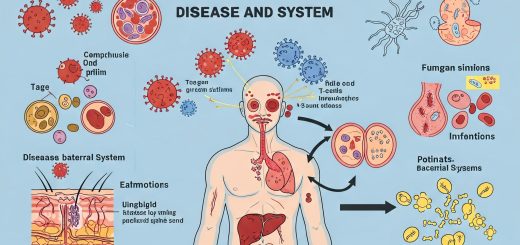
Abnormal and excessive fat deposition leads to overweight and obesity. To keep the weight under control we need to measure the amount of food taken and the energy obtained from it. One of the measures of food energy is calories. Accurate estimation of food calories is important for controlling weight gain or loss. Weight loss programs and exercise regimens depend on this energy estimation.
Calorie restriction is central in prevention and management of obesity. Energy taken must equilibrate with energy expended to balance the body physique. Large amount of food doesn’t necessarily mean excess calories. It depends on the type of food and its energy count. Our body spends energy even when we are not working. In short, the body needs energy for basic functioning of cells or metabolism. Also, we expend energy while breathing, body movements, heart beating etc.
Balancing Calories
Various popular diets are available to help reduce body weight and manage obesity. High protein diets with low carbohydrates are most efficient for weight loss. Low fat diets can have similar effects but need a long time for results. Conscious counting of calories is important at every stage of life. Low intake of food should be combined with moderate expenditure in order to maintain the same weight. Understanding calories management helps to prevent regaining after losing. Physiology of nutrition along with psychology of consumption both need to be monitored.
It is neither possible to count your calories nor feasible to restrict intake at every time. A routine workout and activities with a low calorie diet seems a logical option to follow. The energy value of routinely consumed food is labelled and available in the market. You can use any of these combinations to fix a menu and follow the same.
wiki Health News












